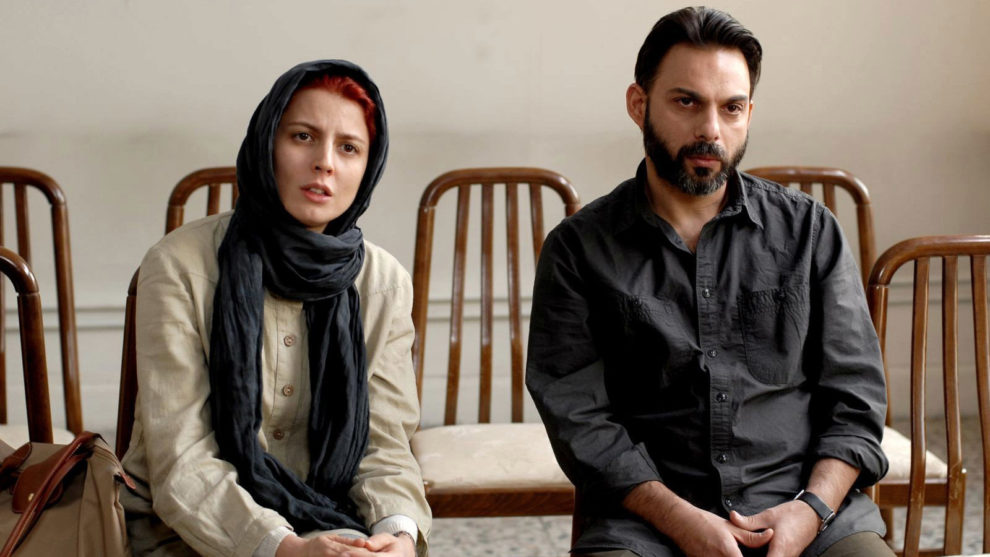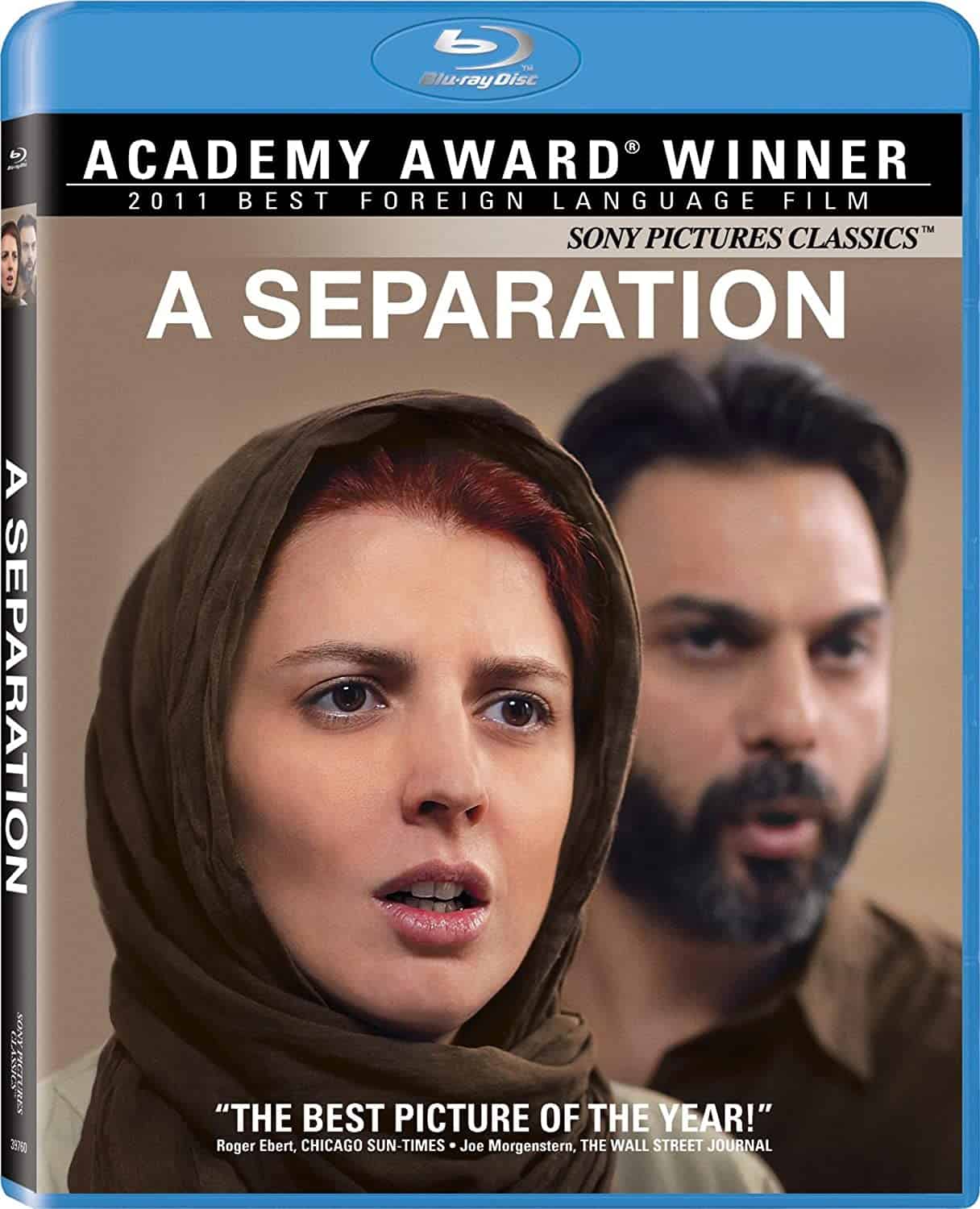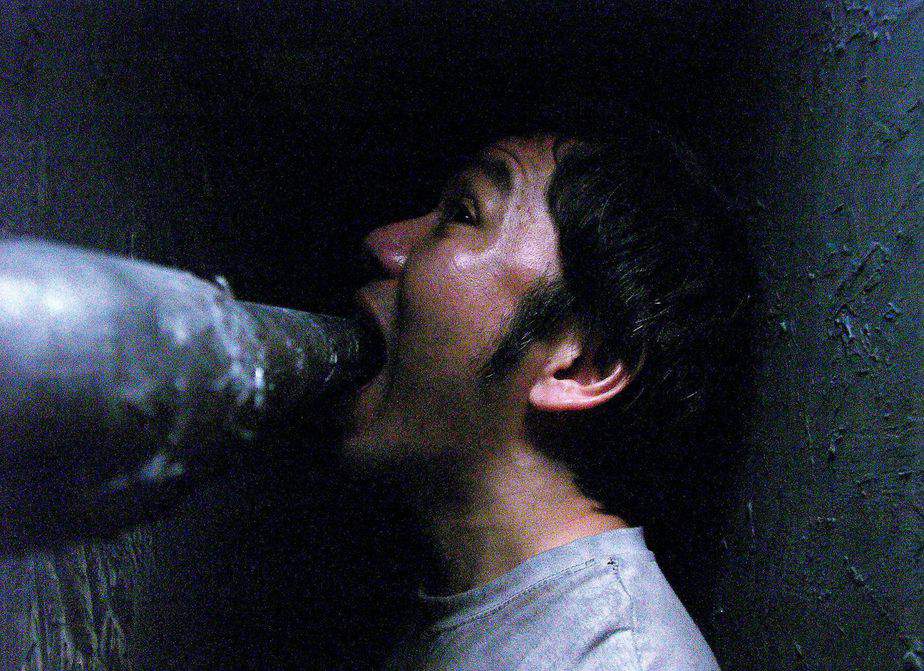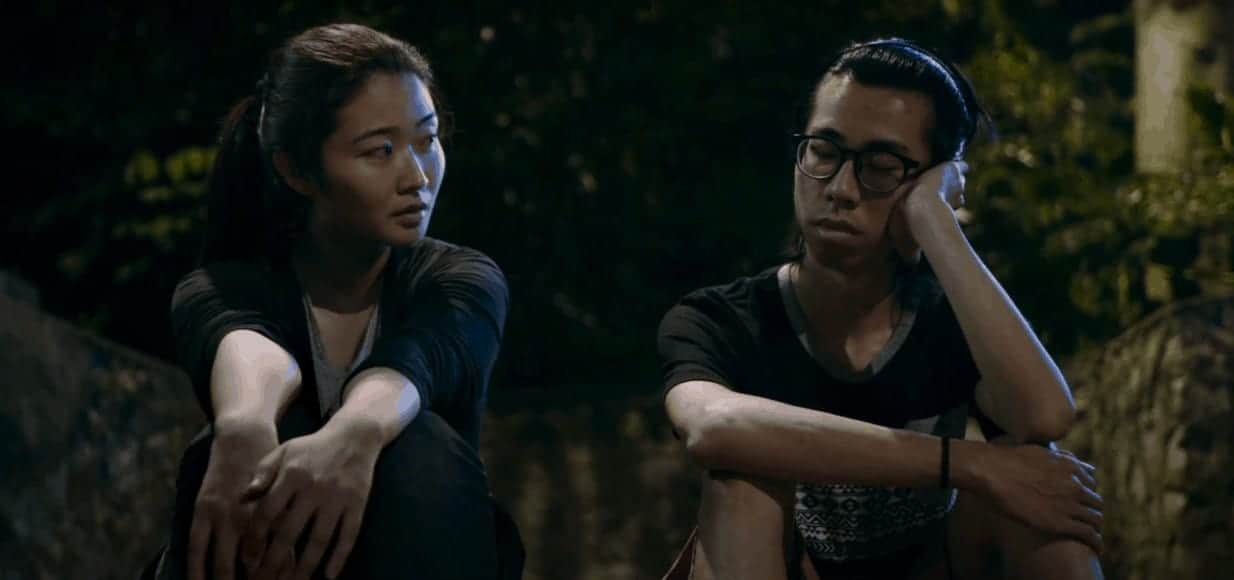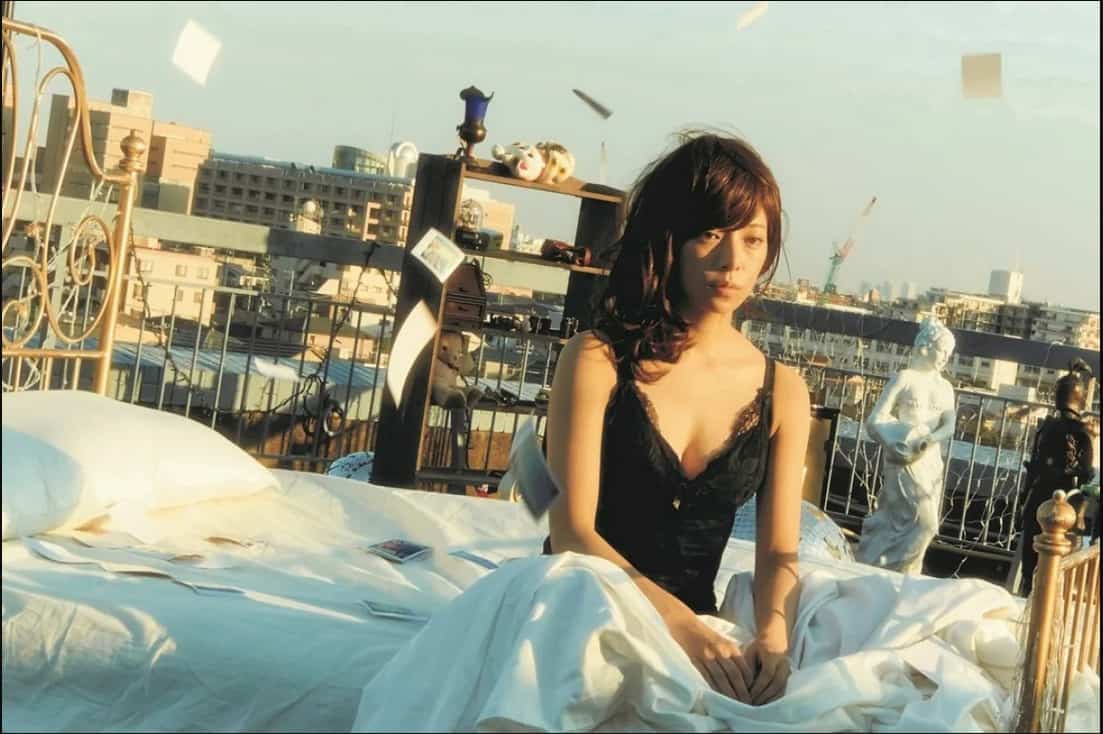The darling of Iranian cinema. Being not only the country's highest earner at the box office but also the first-ever to win a Golden Globe, an Academy Award, and the Golden Bear at the 61st Berlinale. The colossal success of this drama made Asghar Farhadi a household name both domestically and overseas, granting him a seat in the Academy of Motion Picture Arts and Sciences. ‘A Separation' is another fine example of Farhadi's expertise in crafting stories that examine family conflict and turmoil.
Legal documents fill out the opening shot, bringing with it an air of apathy, foreshadowing the combustible relationship between Nader (Payman Maadi) and his wife Simin (Leila Hatami). The camera then pans to a POV of a magistrate in the crossfire of a verbal spat between the couple, each person one-upping the other in a tense he-says-she-says over their impending divorce. Simin plans to move abroad to escape the lack of prospects for her daughter, Termeh (who Is the director's daughter, Sarina Farhadi). Nader declines as he must take care of his ailing father (Ali-Asghar Shahbazi) who is diagnosed with Alzheimer's, making it virtually impossible for him to leave the country.
With neither party willing to budge, the magistrate sends them away: “Yours is a small issue. Please sign here and good day”. And good day they had; with each going at their way to sweeping the matter under the carpet. Leila packs up and leaves for her mother's residence while Nader scrambles to make ends meet in his chaotic household. Consequently, he employs the service of a poor daytime caretaker called Razieh (Sareh Bayat) to ease the situation.

Razieh is a woman of many secrets. She not only hides the terms of her employment from her staunchly religious husband Hojjat (Shahab Hosseini)- who as a strict Muslim, will deny her the permission to work in a man's house. But also, seemingly hides her pregnancy from Nader. While on her second day of service, Razieh decidedly abandons Nader's father tied to a bed while she carries out an errand outside the building. This one incident drives the plot along at breakneck speed, culminating in a sobering and at the same magistrates' office where it all began.
At its core, ‘A Separation', which was also written by Farhadi, dissects marital discontent, familial disharmony, and the quality of life at different social levels. Sprinkled within the story are also enlightening moments which give a glimpse behind the Persian veil of patriarchal Islamic traditions- heavy topics that were shockingly included post-edit, given how strictly censored media coming out from Iran normally is.
The premise of the film might not present many novel ideas, having been done countless times in similar productions like ‘Marriage Story' and ‘Kramer vs Kramer'. But what sets it apart is its uncompromising non-conformance of happy endings, instead portraying a series of events that is more authentic to the human experience. An approach that allows for a universal appreciation of its narrative.
When things start looking up, it does not take long for them to come crashing down, offering many stray moments of emotional impact that tug at the heartstring. Like the moment when Nadar's father grasps tightly onto his daughter-in-law's hands refusing to let go. Or when Hojjat smashes his head against the magistrate's office door in a fit of anger – a move improvised by Shahab Hosseini with a furious dedication to his portrayal of the disturbed shoemaker. It all comes together to form an incredibly moving picture of people staying afloat even when tides get stronger.
The chaos of the movie is further exemplified by the moving camerawork of DoP, Mahmoud Kalari, who employs the use of a handheld camera to shoot the entirety of it, adding a touch of shakiness to already tender moments. That, coupled with the fact that the movie has no musical score, allows for the actor's emotions to pop out to a melancholic effect.
However, in its second act, the oft-repeated arguments between Nadar and his wife in between officious courtroom proceedings result in a smidge of burnout for the viewer but can be overlooked as it only serves to prove the point of “c'est la vie”, solidifying the picture's brutally unbothered stance of sticking to its guns no matter the entertainment value.
All in all, Asghar Farhadi's quintessential slice of life drama pleases with award-winning performances by its leads Leila Hatami and Payman Maadi. Adding to that a script that not only informs but inspires (nominated for an Oscar for Best Original script, in the process) and you got yourself a powerful and thought-provoking piece that should be essential viewing for everyone hoping to make the world a little better.


